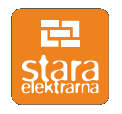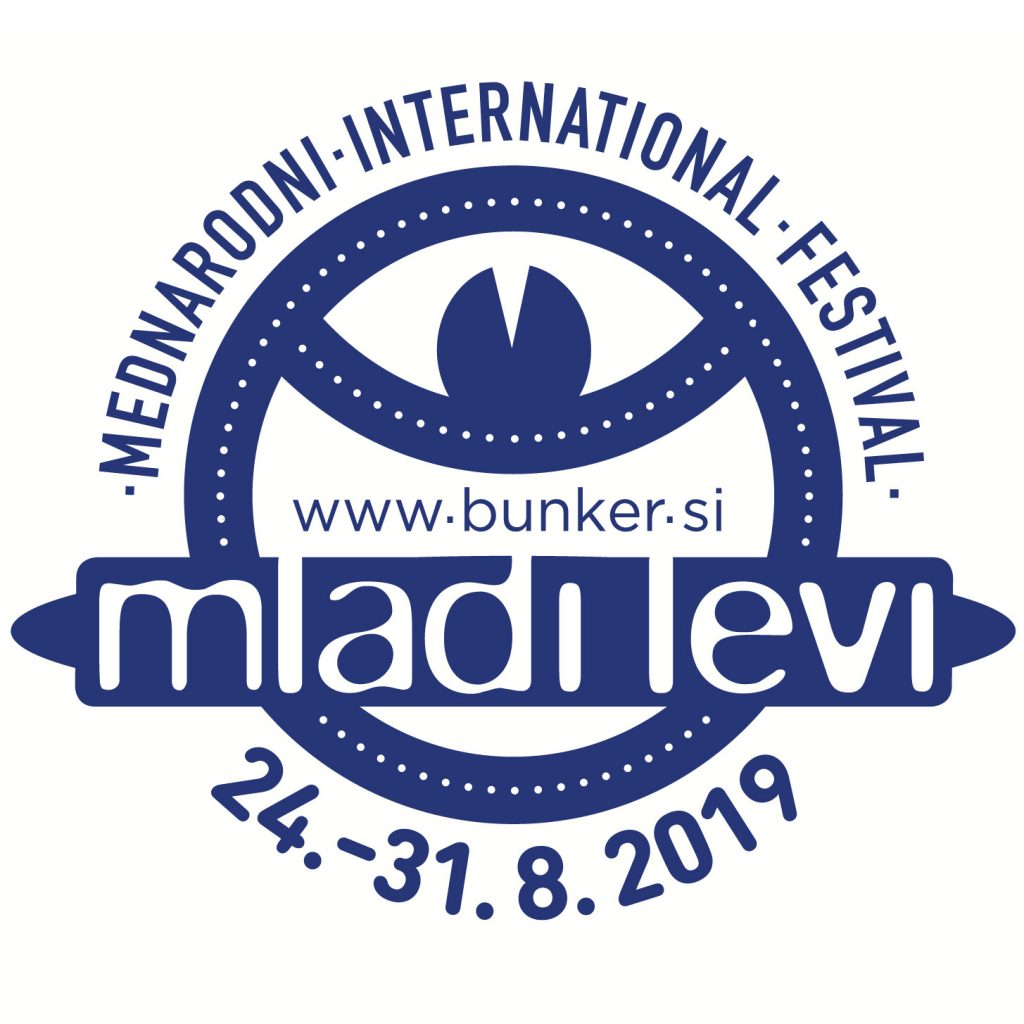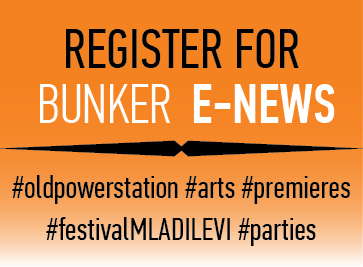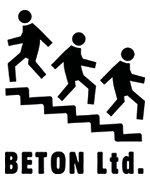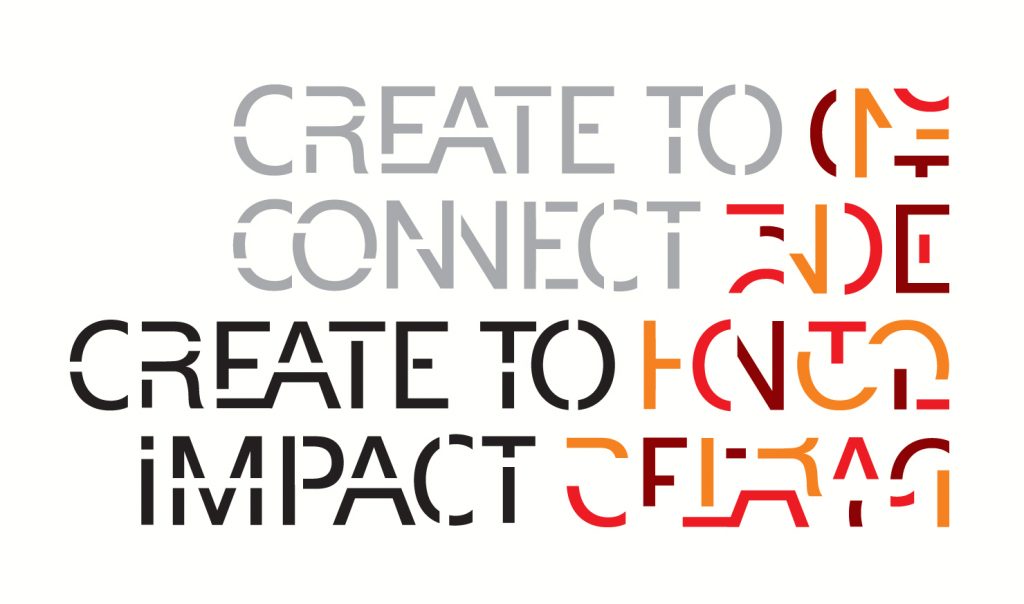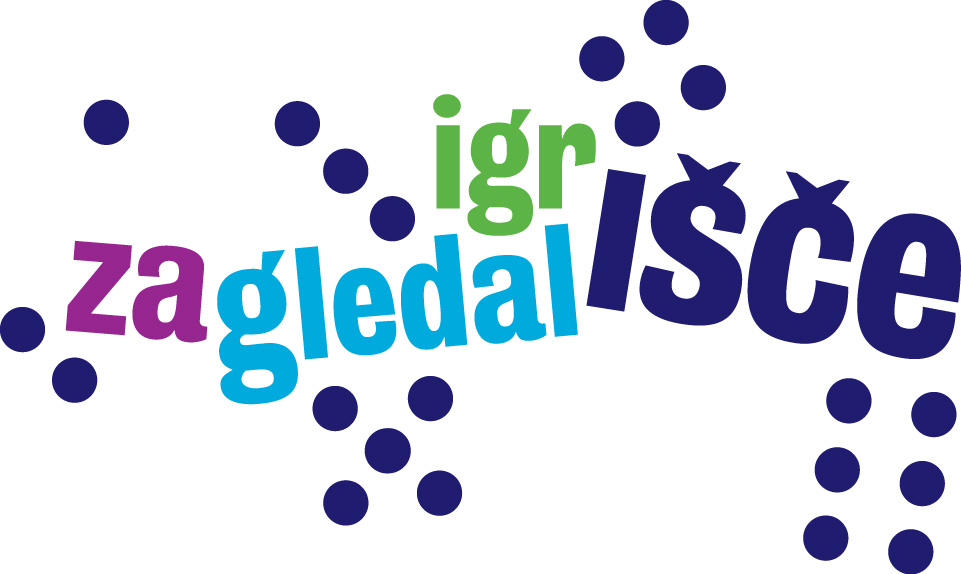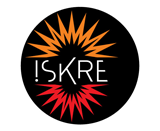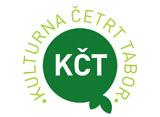Manifest: TOWARDS TRANSFORMATIONAL CULTURES
Towards Transformational Cultures
Ljubljana 1.0
Taking into consideration the Universal Declaration of Human Rights (1948), the International Covenant on Economic, Social and Cultural Rights (1966), the Charter of Fundamental Rights of the European Union (2000), the UNESCO Universal Declaration on Cultural Diversity (2001), and in view of the Fribourg Declaration on Cultural Rights (2007) and the Council of Europe White Paper on Intercultural Dialogue “Living together as equals in dignity” (2008);
We present in Ljubljana for the “Ready to Change” Forum of December 2010, the Manifesto:
We see the current context as an opportunity.
The change is already happening. We are part of a process of transformation which depends on interdependence, on a model of sustainable resources based on interaction and fairness. The separation between professionals, experts, intermediaries and “everyone” has vanished.
We need to re-evaluate our own realities; indeed, regarding contemporary collective issues, culture is at the core of the ongoing transformations. The conditions of such re-evaluations include: time, relations, processes, etc.
There are numerous, diverse, expanding fields of actions in which we can act (working spaces, void spaces, interstitial spaces, margins, etc.).
We believe in the intelligence of individuals and in the positive effects of a connected world.
We see the future as a world based on values such as human rights, equal dignity, humanism.
In the process of the emancipation of the person, identity is the capacity to position oneself within the world. This a precondition to interacting with one another.
Identity building is a critical and open process of self actualisation, fulfilment, empowerment, and the capacity to trespass borders and take risks.
We think culture is the condition of such society and such transformations, and we will contribute to making this possible by opening four processes of debate:
- The ethical debate as a necessary condition for transformation and regeneration;
- Art as a critical process of recognition, transformation, and the production of meaning and symbols;
- Freedom of artistic creation (expression) as a fundamental condition of emancipation and transcendence;
- New models of intellectual or artistic property, (copyleft, the creative commons instead the dominant model of copyright and intellectual property), as a new way of thinking about common goods.
We, actors in art and the cultural sector, have a specific engagement in interaction with the other actors of society, to continue these debates, through our initiatives and acts.

